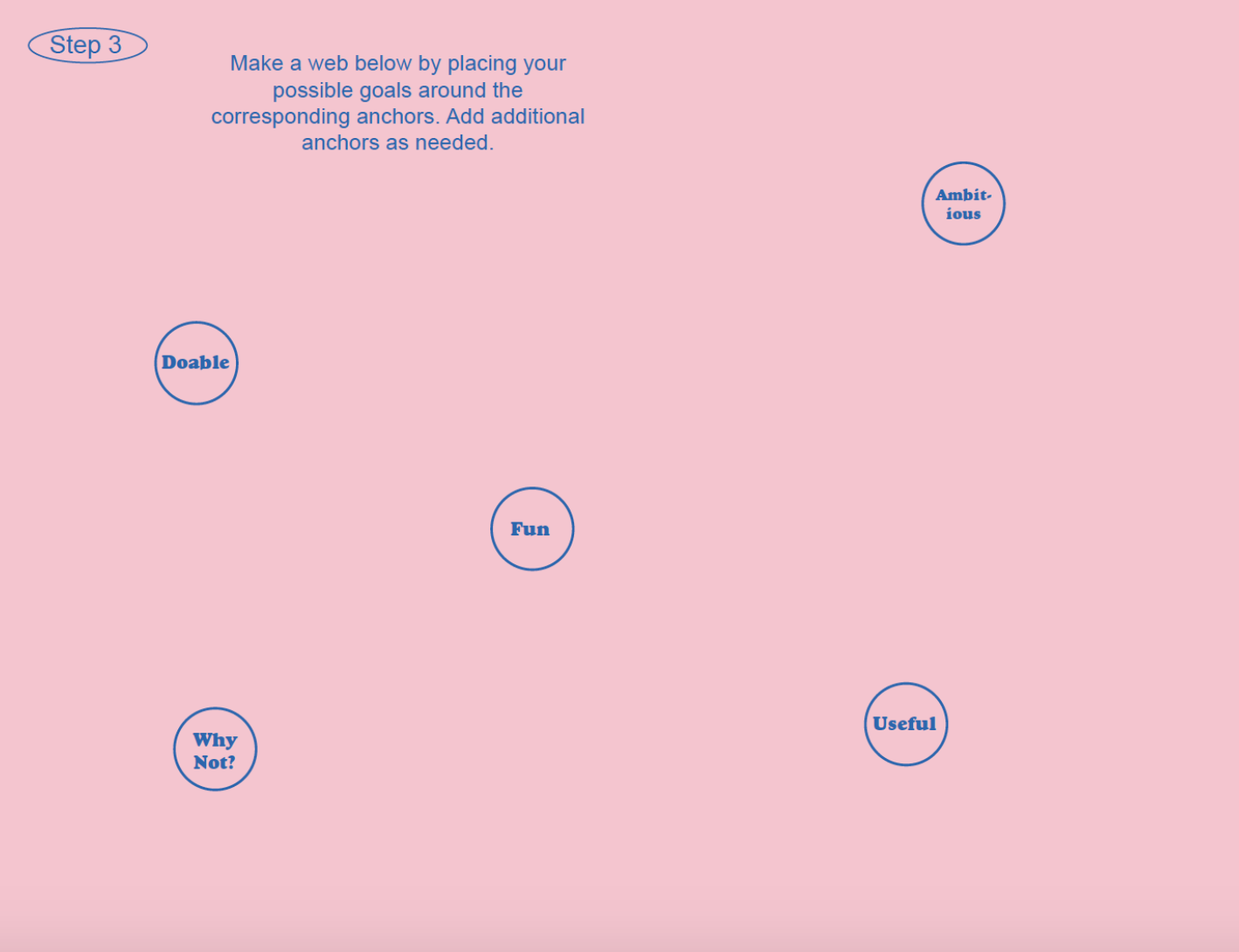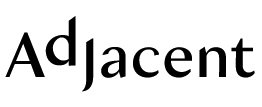Issue 9: Rituals
Progress Report
Progress Report was a month-long workshop devised and run by FOUR-D Projects (Lizzy Chiappini and Grace Caiazza) alongside artist Clara Harlow.
The purpose of the workshop was to interrogate the nature of progress — the how, what, and why of implementing and accomplishing a goal. The project was documented through a series of four workbooks, each investigating (with a sense of serious play) the concepts of progress and goal setting. A mixture of record keeping, journaling, and thought experiments, the contents of each individual’s workbook were the catalyst for weekly video conferences where participants would discuss the different aspects of their successes and pitfalls with one another. As always—but particularly during the circumstances surrounding the COVID-19 pandemic—our aim was to find ways to gather together to find common purpose and expression through a shared practice and language. This space, with participants returning week after week to celebrate or lament, became a ritual tool of community processing and self-exploration.
What follows is a series of excerpts for you to participate in and continue the mission of Progress Report. Have fun! There will be an opportunity for you to download the workbooks at the end of these exercises. Please use them for yourself, or if you are so inclined, use them to hold a Progress Report workshop within your community. If you do hold a workshop, or even if you just enjoy the books, let us know by sending an email to 4444-dprojects@gmail.com. We love to hear about how people are using the books and how far Progress Report can spread!
Welcome to Progress Report,
We’re glad you’re here!
This is your workbook – consider it a personal control panel and dream journal.
Happy planning!
In this little corner of the internet, today, here and now, we are going to detect a goal that you want to work on for the next month. This goal could be anything, from finishing a job application to learning how to do your own nail art.
You’ll start with 5 possible goals and then narrow it down to 1 goal.
Do you need a structure to begin thinking about your goals? Never fear, use these two charts as a way to ideate.
Print them out, input responses on your computer, or recreate them with pen and paper! There is no wrong way to workbook.
When you have landed on your 5 possible goals for this month, place them on the web below and see what you find!






Based on your responses on the previous exercises, which goals are you leaning towards? Place them on the spectrum below:





 Now take a minute.
Now take a minute.
Review what you have done so far.
Find a little piece of paper,
Or a place in your phone
To answer the question…
What is your goal for the next month?
Maybe say it out loud. Or text a friend. Spell it in your alphabet soup. Bury it in the dirt and see if it grows. Tape it on your mirror.
We’re here to guide you through the process of maintaining your goal.
To help you along this month-long path, Progress Report has four workbooks for you.

Throughout the experience of filling out the workbooks (should you choose to do so), keep the following questions in mind. For now, we are provided the blank space below for you to envision your answers. You don’t have to save or submit them – simply use this space as a starting point for your reflections on what goal setting means to you.
What is our relationship to the goal we set and the work we do in the realms of the personal, political, and capital?
What motivates the work?
Who is the work for?
How much of ourselves should we give to our work?
Is work something we do or something we are?
Should work have a time and a place, or should work be a lifestyle?
The creators of Progress Report think positively about productivity, but encourage you not to overdo it.
Setting a goal doesn’t have to just be about labor; that is, working hard to get something you want. It could be about imagining a future, playing with an idea of yourself and how you want to be in the world. We see goal setting as a series of opportunities to assess the way you are feeling, and then watching that feeling change and fluctuate with the actions and thoughts you make towards (or sometimes against!) it.
Let’s say right now, you are really considering going to culinary school, and maybe you want to try baking a very complex cake. You set the goal and do it, and perhaps encounter some problems, some existential questions about cake baking that you have never considered before. Now you can ask about the process in an intentional and reflective way. Perhaps, you can’t actually or don’t want to be a baker. That’s okay. In fact, that’s great. Doing something with intention allows you to learn about yourself.
We hope that the experience of Progress Report gives you something to hold on to, even when things are completely out of whack. You don’t have to fulfill a goal for the practice of goal setting to be useful!
Over the next few days or weeks, or however long you choose to engage with this work, we encourage you to think about your learned and unlearned attitudes around work. Take the time to frame how you’d like to approach your goal and its outcomes in this current moment.
